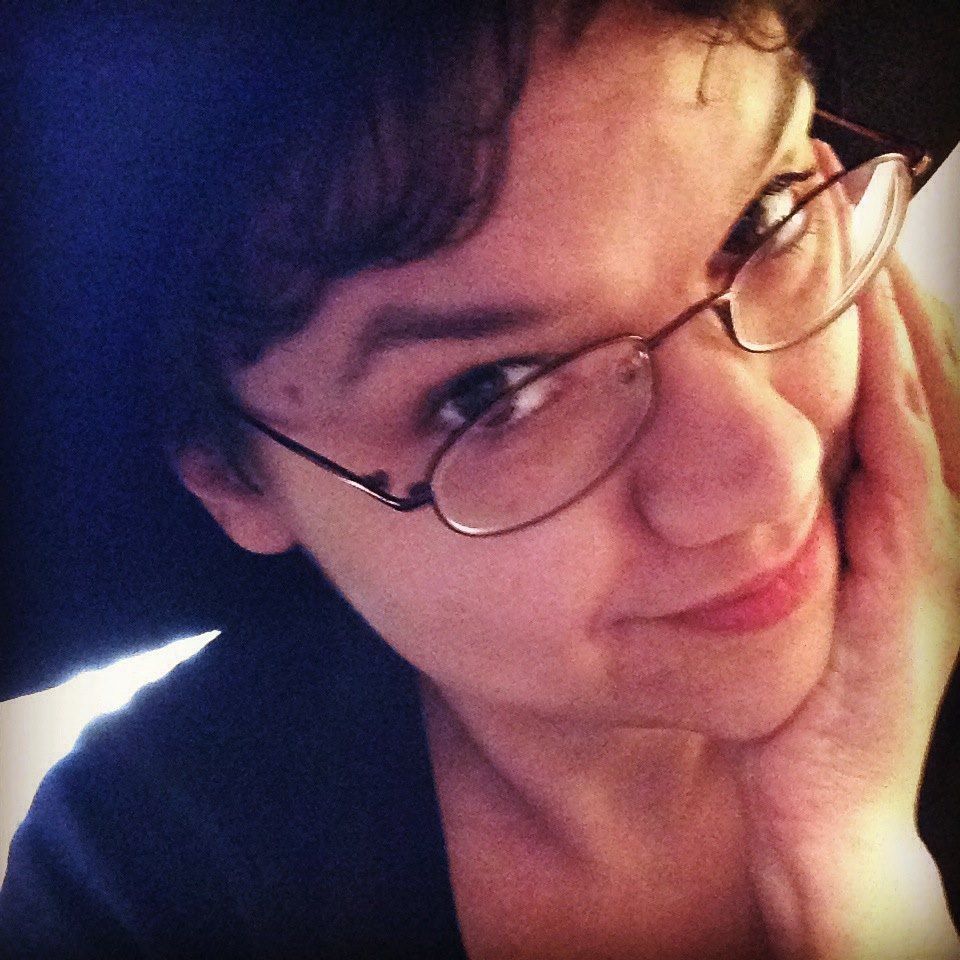I’ve recently joined one of those movie theatre loyalty programs, where you get to watch multiple movies over the course of a week for the cost of essentially two movies a month (which I would do anyway, so this works well for me). Because of it, I end up seeing a lot of films I wouldn’t otherwise, which is useful to expand my basic collection of storylines.
Recently I saw both Knives Out (a cozy murder mystery comedy with attractive sweaters) and Ford v Ferrari (a historical bio-pic Fast and Furious with more engineering porn). I enjoyed both very much, though only Knives Out had really been on my radar. But getting the opportunity to see both let me make some connections I don’t think I would’ve otherwise– specifically, how the two movies frame owning one’s own business.
Without going into spoilers, Knives Out features the patriarch of a family that has become vastly wealthy because he is a best-selling mystery writer. His millions allow for a giant weird mansion and supporting two generations of wastrel children — all without (SOMEHOW) film, audio, or any other adaptations of his work. This is a depressingly popular trope — when I was a kid, I used to think very dark thoughts about anything that depicted writers as effete artists wandering around sipping martinis in their Manhattan penthouses while lushly dropping marabou feathers from under layer after layer of silk robes.
“Maryanne!” they’d faintly screech, staring at the distance, cradling their own elbow while sipping an artisanally cheap whiskey. “Fetch the typewriter.” They’d take a drag from their cigarette. (There’s a cigarette now.) “And call Mr. Spielberg.” Exhale. “I’m ready to talk.”
Blargh.
In contrast, Ford v Ferrari features not one but two small car-related businesses — one of which is even fairly successful, all things considered — and both are constantly cutting corners with sales, flirting with bankruptcy, and willing to put up with a considerable amount of bullshit to make ends meet. This I’m familiar with– talk to any working writer (or read Kameron Hurley’s breakdowns of what a successful writing life actually pays, or listen to piles of excellent Ditch Digger podcast episodes) and it’s basically the same scenario. There are very few (very few) authors who can survive without a regular day job and/or a support network that subsidizes their work. There are several terrible true-life stories of authors who try to have the marabou feather life and discover that it is wildly impossible.
And yet, Knives Out showcases that trope again, and the regular public nod sagely and take it as a given.
The closest I’ve come to figuring out the difference here is a double-punch of:
(1) Writing is still a Vast Mystery, unlike blue-collar and mundane car repair businesses. There are a sufficient number of people who either know or are blue-collar workers that it’s not a real question how and where money goes. Cash and accrual businesses, with hourly/shift work, are basically the options at play — as opposed to the labyrinthine nonsense of incremental portions of leased rights across multiple companies and languages, etc etc, that makes up a typical writing career.
(2) Writing produces Art, which is a luxury, and luxuries cost money, and therefore… artists are rich? (This goes back to the Mystery aspect of how money works in publishing.) Whereas cars are, for many, a basic life necessity. Someone’s getting rich, but it’s probably Companies run by rotund men in glass-windowed offices, laughing over stock reports while burning Kobe steaks to light their bespoke cigarillos. In fact, it would seem that the popular trope of the martini-drinking artist frames writers as essentially being on par with capitalist fat cats.
I don’t have a particular solution to this, aside from more writers accurately portraying themselves in fiction (which is also my solution for accurate robots, accurate children, and accurate dark gods of New Hampshire). But it’s still very fascinating to see the exact same lifestyle appear at the exact same time in the exact same media– and have those expressed in their stories and to their audiences completely differently.

